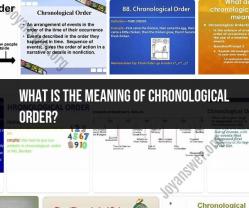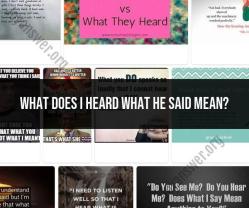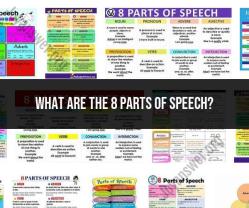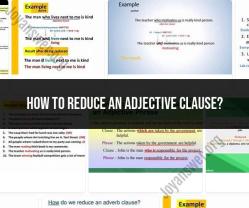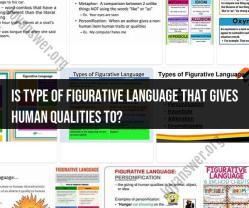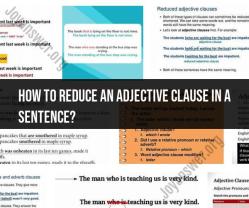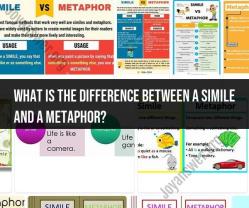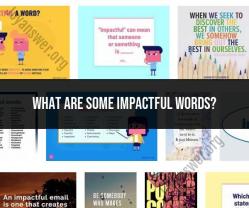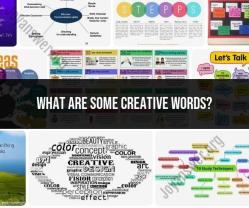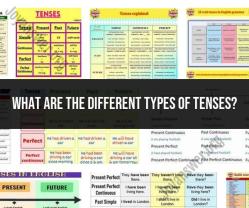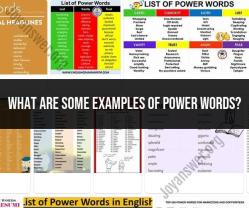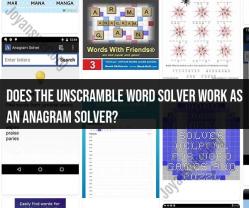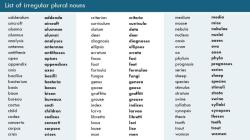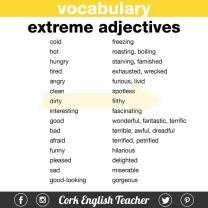August 14, 2023
•
3 min read
Define chronological order and its role in structuring information. Explore how chronological order aids in conveying ideas, telling stories, and presenting historical events in a clear and coherent manner.
August 13, 2023
•
3 min read
Unravel the nuances of communication by dissecting the phrase "I heard what he said." Explore how context, tone, and body language contribute to conveying meanings beyond the literal interpretation of words.
August 13, 2023
•
3 min read
Embark on a linguistic journey as we explore the eight fundamental parts of speech. From nouns to interjections, uncover the roles, functions, and examples of each component that shapes the structure of language.
August 13, 2023
•
3 min read
Discover effective techniques for reducing complex adjective clauses in sentences. Learn how to simplify sentence structures while maintaining clarity and coherence in your writing.
August 12, 2023
•
3 min read
Dive into the world of personification, a captivating form of figurative language that brings non-human entities to life with human traits. Explore enchanting examples from literature and gain a deeper appreciation for this literary device that adds depth and emotion to written works. Elevate your understanding of personification's role in creative expression.
August 12, 2023
•
3 min read
Elevate your writing prowess by delving into the art of reducing adjective clauses. Explore practical techniques and strategies to streamline sentences, effectively omitting redundant information and enhancing the clarity and flow of your writing.
August 12, 2023
•
3 min read
Embark on a journey through language and literature as we explore the nuances between simile and metaphor. Delve into their distinctive characteristics, uncovering how these literary devices enrich communication and evoke imagery. Enhance your linguistic awareness and appreciate the artistry of language through the study of simile and metaphor.
August 11, 2023
•
5 min read
This piece focuses on impactful words that have a strong emotional and persuasive effect on readers or listeners. It provides examples of impactful words that can elevate communication.
August 11, 2023
•
3 min read
This article explores the world of creative words and how they can enhance one's vocabulary and writing style. It offers examples of creative words to inspire readers' language choices.
August 11, 2023
•
3 min read
This comprehensive guide explains the various types of tenses used in English grammar. It covers the basics of present, past, and future tenses and explores more complex aspects, such as perfect, progressive, and conditional tenses. The article provides examples to illustrate the correct usage of each tense in different contexts.
August 11, 2023
•
3 min read
This article showcases examples of power words that are effective in capturing attention, evoking emotions, and compelling readers to take action. It explains how power words can enhance writing and marketing strategies.
August 10, 2023
•
3 min read
This informative article explains the differences between an unscramble word solver and an anagram solver. It clarifies the distinct functions of each tool in solving word puzzles and rearranging letters to form meaningful words. The article also recommends popular word solver resources for word enthusiasts and puzzle solvers.
 David Wilson
David Wilson
